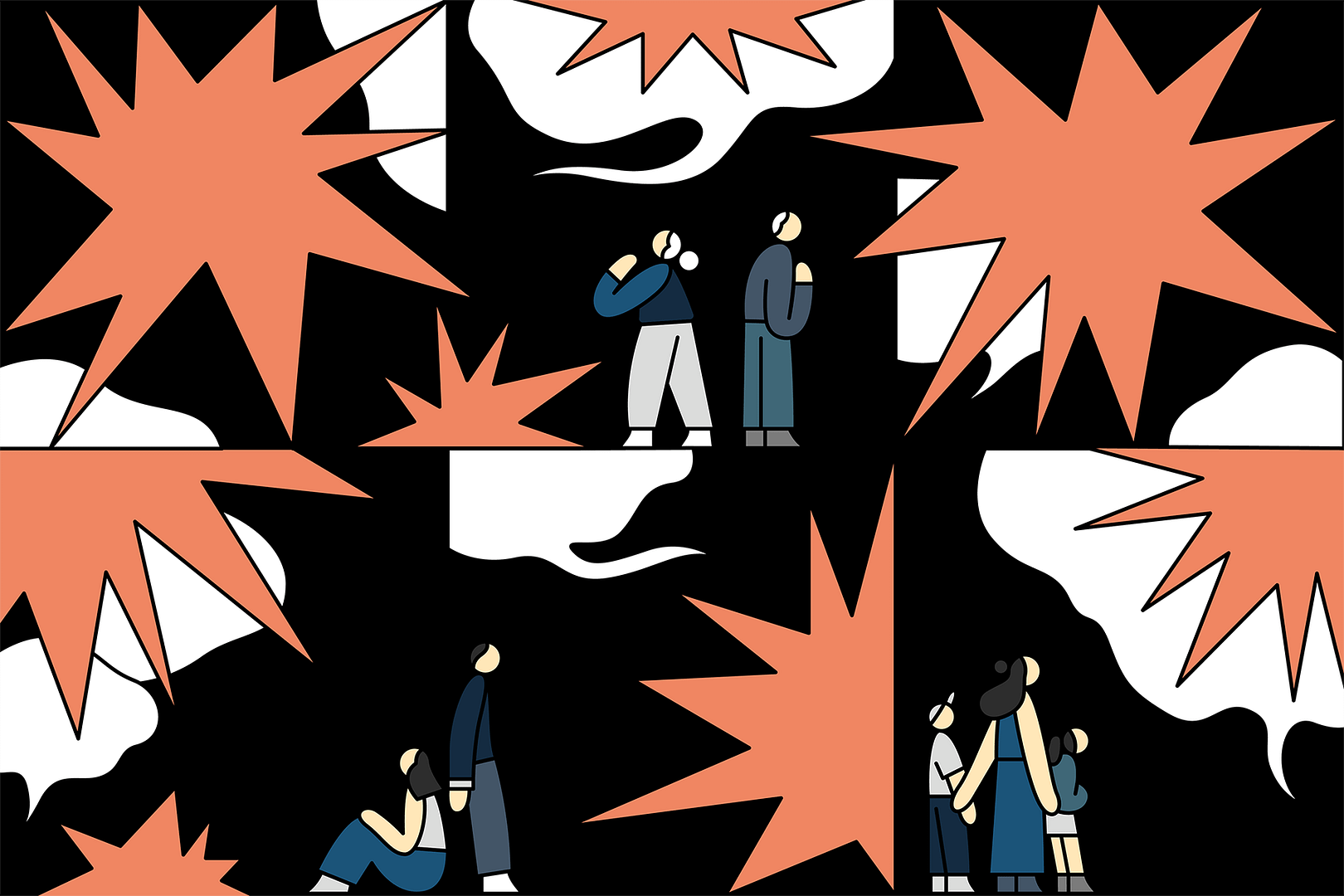Income Inequality, Poverty Rates, and Dispelling the Model Minority Myth
By Johanna Arguello-Garcia
One big problem with this myth is that it creates the sense that everyone in the Asian American community is the same. The reality is that there is vast diversity within the Asian American community. Besides the vast diversity in the country of origin and ethnicity, there is also a wide diversity of languages, life experiences, educational levels, and income levels within the community that becomes shadowed when the model minority myth spreads. For example, the Hmong and Bangladeshi ethnic groups have some of the lowest poverty rates in the U.S. (https://www.npr.org/templates/story/story.php?storyId=185534666)
This language and culture barrier is particularly significant when considering speaking out against injustices against the AAPI community for a fear of retaliation for “complaining.” As Rosalin Chou, co-author of The Myth of the Model Minority puts it in an interview, a common theme in her research was “that many Asian-Americans were discouraged to talk about any problems they had that had to do with … racial discrimination.”
Here at the Cultural Society, our Asian American Connections (AAC) initiative is meant to help provide cultural, health and wellness, and professional resources for Asian Americans to adjust better to their lives in the U.S. Importantly, we also offer cultural workshops to empower and educate members about the diversity, culture, and issues affecting the Asian American community. If you are interested in being a member of this initiative, please register below https://csebri.org/membership/.
About The Author: Johanna was an administrative intern at AAC-CSEBRI in the summer of 2022. You can find her bio here.

